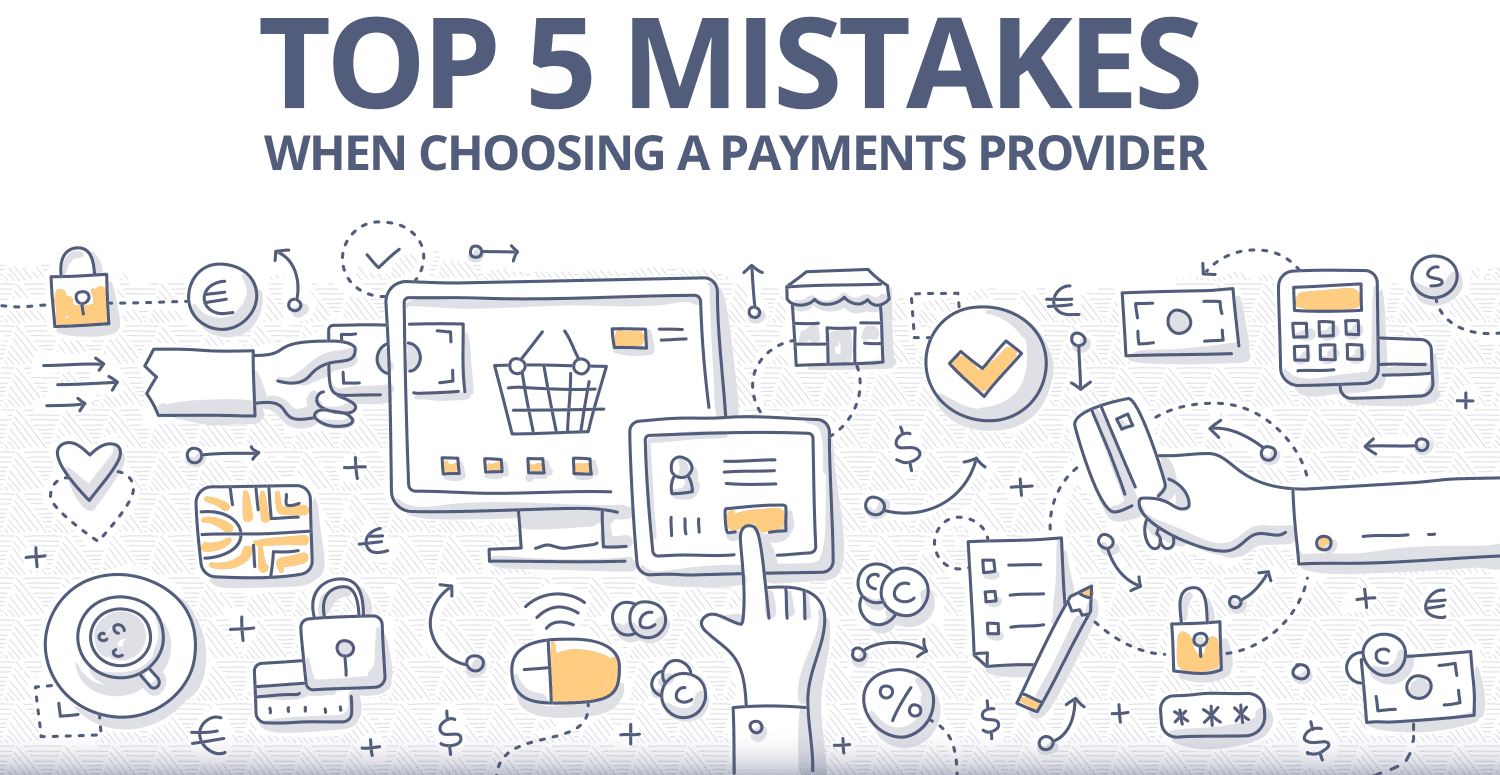For a merchant, finding a new payment service provider can be an overwhelming experience. There are so many out there, all with drastically different features and each claiming to be the best. For many merchants it seems like the easiest option to go for the largest or most widely used provider. However, by doing so they may be losing out on an abundance of extra revenue that the right provider could allow them to access. The right payment provider doesn’t just process payments, but rather aims to partner with the merchant to increase conversion rates, decreases time spent on back-office processes and provides a helpful and user-friendly experience. Here are five things, that merchants often overlook in their search for a new provider.
- Uptime and Reliability
The uptime of a payment service provider is crucial to the success of your business. If you are able to take payments online, twenty-four hours a day, your provider’s uptime should closely reflect this. Every hour that their system is down is an hour that you are unable to accept payments. A provider with a reliable system will allow your business to keep running smoothly at all times. Additionally, access to multiple Acquiring banks means that even if one goes down, your transactions can easily be re-routed to another so that your business doesn’t suffer.
- Not Thinking about the Tech
Merchants are often looking for global connectivity, however, they are rarely looking into the underlying technology. Whilst many payment companies can provide global acquiring through their integration into numerous acquirers and platforms, they do this by piggybacking off other technology so that they can integrate into as many different platforms as possible. Although this can give you the connectivity you desire, these gateways come with some serious drawbacks. A great example of this is the inability of the provider to change or modify their technology, due to their use of ‘borrowed technologies’, if they later find that they have a problem with their system, or something they’d like to update, providers are unlikely to make the necessary changes as the owner of the technology is the only one able to do so. When choosing a payment partner, it is critical to look into the technology that they would be providing you and decide if a larger number of global acquiring banks is worth the potential risk of down the line dependencies.
- Underestimating the Importance of Reporting
When processing payments, data is your best friend. The richness of the data that you get back from your payment service provider allows you to access different levels of understanding about the performance of your business. Full payment data allows merchants to quickly spot problems and develop solutions for them. Without this, hours can be spent on identifying issues, instead of rectifying them.
Disparate levels of issuer response data can mean the difference between trying a declined payment method multiple times (and incurring multiple chargeback fees), or instantly identifying the problem and taking appropriate measures to make sure the payment is accepted successfully.
It is also critical to have a payment provider that shows what hits your bank account to the penny. This information saves hours of time that would have been spent manually calculating how much you receive from each transaction after scheme and interchange fees are deducted.
- Only Considering Visible Charges
When comparing the costs of different payment providers, merchants are often inclined to focus solely on the upfront costs. However, when looking to ultimately lower your bottom line, there is much more to consider. As well as the cost of the provider’s services, it must be assessed how each provider may lower your cost of business overall. A provider may offer low transaction fees but may not always be the best option, for example the best payment provider will provide the tools to help lower your daily running costs, by streamlining the whole payment process and reducing the need for time consuming back-office processes.
- Not Considering the Customer Experience
The importance of the customer service experience is often under-valued. When considering a new payment provider, have a good look at their customer service policy, many offer limited customer service options which will ultimately slow down productivity on your end. It is important to find a provider that offers customer support via a means that is accessible for you and is available whenever you need it. A gateway that works with you closely on a personal level and has time to provide you with great customer service is crucial for any merchant – make sure you choose a partner that helps unlock value, not one that costs you in the long run.






